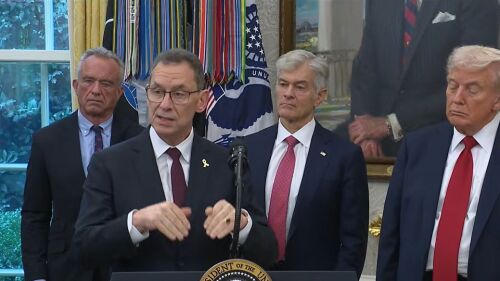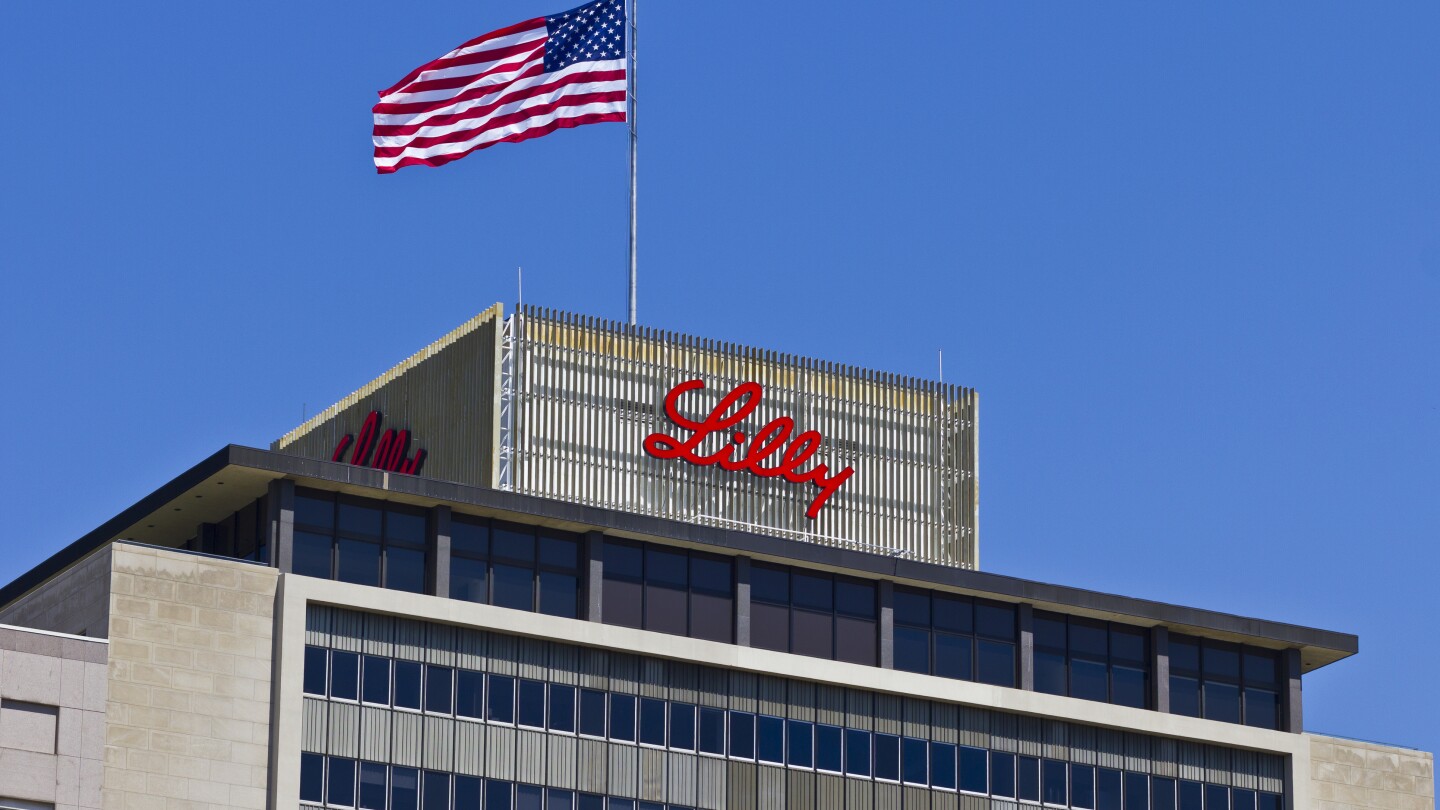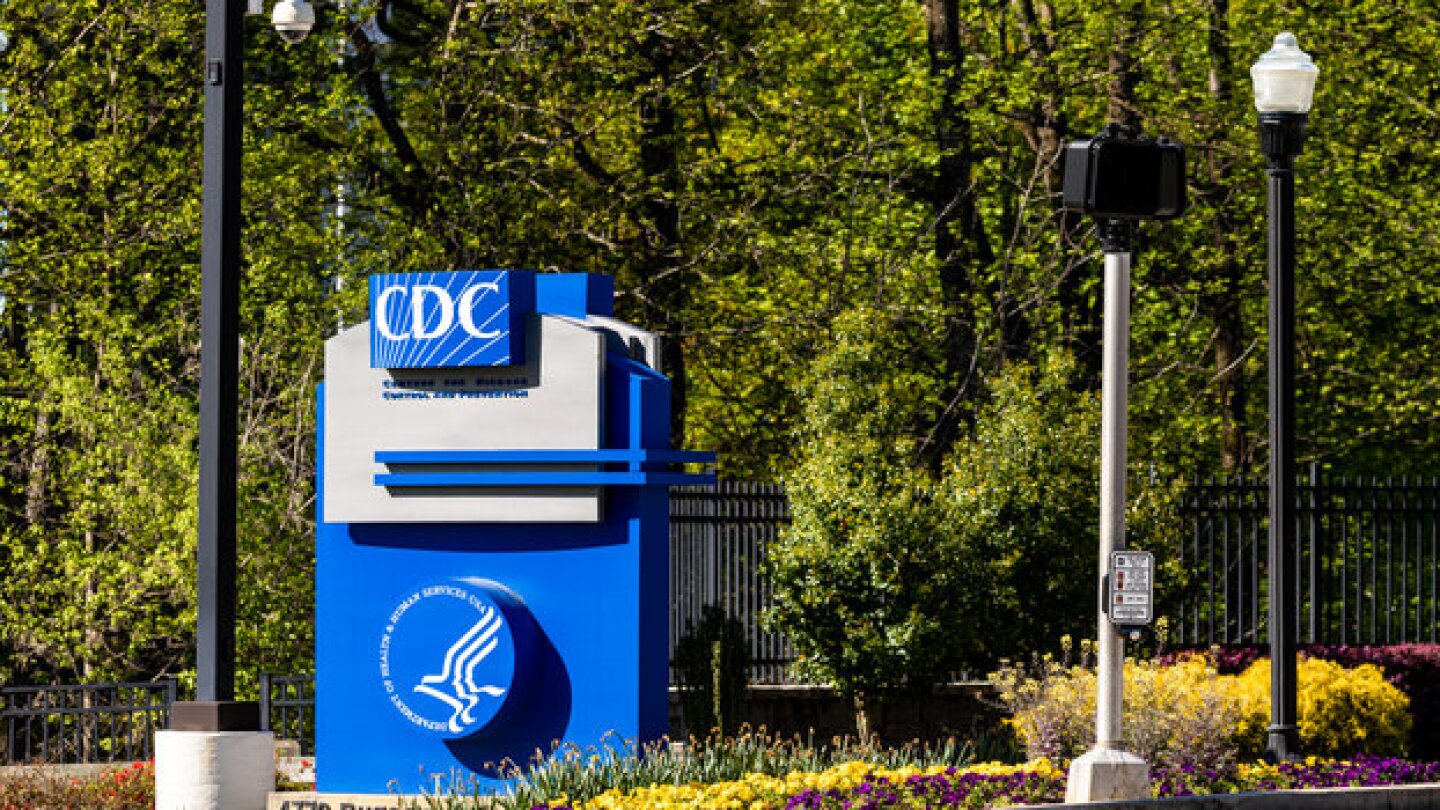News
As major pharmas pull away from the U.K. and the U.S. risks ceding its lead through a national brain drain, the U.K. must create a new, more robust model for innovation.
FEATURED STORIES
In the race to make the most tolerable obesity drug, there seems to be no clear winner—at least not according to analysts parsing the data presented at the American Diabetes Association annual meeting this week.
Writing in JAMA, four former government officials warn that the Trump administration’s involvement in delaying the approval of Novavax’s COVID-19 vaccine could indicate a politicization of the drug approval processes that could ‘imperil public health.’
Leading companies spent $1.4 billion upfront on licensing deals and embarked on vast R&D programs. Clinical setbacks mean many companies are unlikely to ever recoup their investments.
Job Trends
MorphoSys AG announced the receipt of U.S. antitrust clearance under the Hart-Scott-Rodino Antitrust Improvements Act of 1976 in connection with the proposed acquisition of MorphoSys by Novartis AG, following the expiration of the HSR Act waiting period.
FROM OUR EDITORS
Read our takes on the biggest stories happening in the industry.
With five CDER leaders in one year and regulatory proposals coming “by fiat,” the FDA is only making it more difficult to bring therapies to patients.
THE LATEST
While Truist Securities analysts said the results from the ATTAIN-2 trial leave “room for competition,” they also pointed to a manufacturing advantage that could unlock a “double-digit billion dollar opportunity” for Eli Lilly.
The MIT professor of management, who already sits on the CDC’s revamped immunization advisory committee, is a known skeptic of vaccines, particularly mRNA technology.
Based on new data, argenx expects to file for the expansion of Vyvgart’s label into patients with generalized myasthenia gravis who are negative for antibodies against the AChR marker—an indication William Blair analysts called the broadest option in this disease space.
The White House has denied reports that the government could soon ban COVID-19 vaccines, noting that in the absence of an official announcement, “any discussion about HHS policy should be dismissed as baseless speculation.”
Appia Bio’s shutdown continues an unfortunate trend this year that has seen biotech closures nearly every month.
Closely watched data from Eli Lilly and Viking Therapeutics this month have reignited the discussion around oral weight-loss drugs—and their ultimate place within the anti-obesity medication market.
Companies have claimed improvements to yield, batch consistency and output while acknowledging the risks and challenges created by the technology.
LB Pharma will test the IPO market to seek funding for a Phase III-ready schizophrenia asset.
The deal extends AbbVie’s commitment to the psychedelics space and depression, after emraclidine’s high-profile flop in schizophrenia last November.
Arnatar is developing ART4, an antisense oligonucleotide that ups the expression of its target protein to treat a rare disease called Alagille syndrome.


















